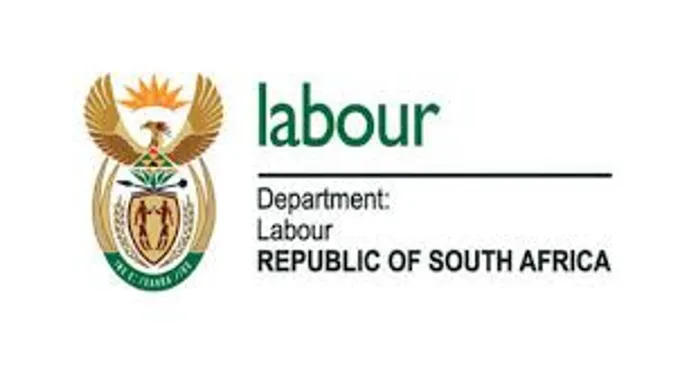Pro bono attorneys challenge UIF ‘discrimination’

The Department of Labour has been accused of infringing on the constitutional rights of asylum seekers and refugees because of alleged discrimination in providing access to the Unemployment Insurance Fund (UIF).
Each month, most formal employers will deduct a portion of a worker’s salary to contribute to the UIF, as is legally required. The fund is a lifeline for thousands of formerly employed people across the country, but it appears that the labour department is purposefully excluding asylum seekers - even those who have contributed and are entitled to unemployment benefits.
Now, after representing an asylum seeker who has allegedly been denied UIF benefits for two years, the the Pro Bono and Human Rights Practice at the law firm Cliffe Dekker Hoffmeyr is considering bringing court proceedings against the Department to obtain relief for a Congolese National, Ndaye Mungedi.
This could set an important precedent for others. The firm’s head of pro bono, Jacquie Cassette, and her senior associate Tricia Erasmus told the Saturday Star they had been battling with the labour department for the better part of the year since they were approached by Mungedi this year.
The 35-year-old initially fled from the Democratic Republic of the Congo after the 2006 elections. He claims he was persecuted because of his involvement in youth movements that questioned the ruling government. He was arrested, severely beaten and then imprisoned for weeks before he was able to escape the country.
Arriving in South Africa, Mungedi was able to slowly build a life for himself, securing a temporary asylum-seeker permit while his application for refugee status was pending. Such a permit, as legislated in Section 22 of the Refugees Act, allows him to work, study and reside in South Africa, and it has been renewed throughout his decade living in the country.
For seven years, Mungedi worked for a tyre manufacturing company in Kempton Park but was retrenched in April 2016 for operational reasons.
He has proved that he made UIF contribution payments throughout his time at the company and assumed he would be able to apply for UIF after his retrenchment. But, for almost three years, the Kempton Park Labour Centre has made it all but impossible for Mungedi to apply, even though he has all of the requested documentation.
Last week, Cassette and Erasmus sent legal letters to the Labour Department threatening legal action, as Mungedi meets all the requirements stipulated in the Unemployment Insurance Act (UIA). Mungedi is lucky to still have his official Congolese passport, which the department now appears to accept is a valid form of identity document for the purposes of his UIF application, after having initially insisted that he produce a South African identity document.
This apparently because their computerised system can only accept 13 - digit bar coded South African identity documents. Thus, it seems that those asylum seekers without passports are currently prohibited from applying for UIF benefits, because as asylum seekers they are not entitled to South African identity documents.
Cassette, Erasmus and the Consortium for Refugees and Migrants in South Africa, are of the view that contributing refugees or asylum seekers should be able to use the reference numbers on their Section 22 permits to apply for UIF, asas these essentially function as “temporary identity documents”.
“In many cases, people who have been forced to flee their countries will often not be able to bring their ID documents or get access to such documentation, and the passport requirement excludes asylum seekers from the system, even if they’ve been contributing to the fund for years,” said Erasmus.
In a written analysis from Erasmus and Cassette, the pair said: “Therefore, notwithstanding the recognition of foreign passports as a valid form of identification in terms of the UIA, an insistence by the department for refugees and asylum seekers to produce identity documents in order to access UIF benefits is a denial of their rights in terms of the UIA and ultimately the Constitution.
“The decision by the department to exclude refugees and asylum seekers from UIF benefits, notwithstanding their contributions to the Fund, is discriminatory and violates the rights of refugees and asylum seekers to access to social security benefits and their right to just administrative action.
“The exclusion of refugees and asylum seekers from UIF benefits has the effect of impairing the dignity of refugees and asylum seekers, who are a vulnerable group,” the pair continued.
“South Africa has both international and national obligations to protect the rights of refugees and asylum seekers.”
In a response from Makhosonke Buthelezi, the UIF director of communications and marketing, the department confirmed it would only provide UIF access to an asylum seeker once they had officially been given refugee status. Buthelezi confirmed that the UIF did not exclude asylum seekers or refugees but insisted that “valid identification” would be necessary.
Questions regarding Mungedi’s lengthy application process remained unanswered at the time of publication.
“Mr Ndaye’s matter is still under investigation. It is thus premature to comment,” Buthelezi said.